## From Vice City to Night City to Baldur’s Gate: Are These Gaming Giants About to Be Banned?
Imagine a world where you can’t cruise the streets of Vice City, hack into the sprawling web of Night City, or embark on a legendary adventure in Baldur’s Gate. Sounds like a gamer’s nightmare, right? Well, that nightmare might be closer than you think.
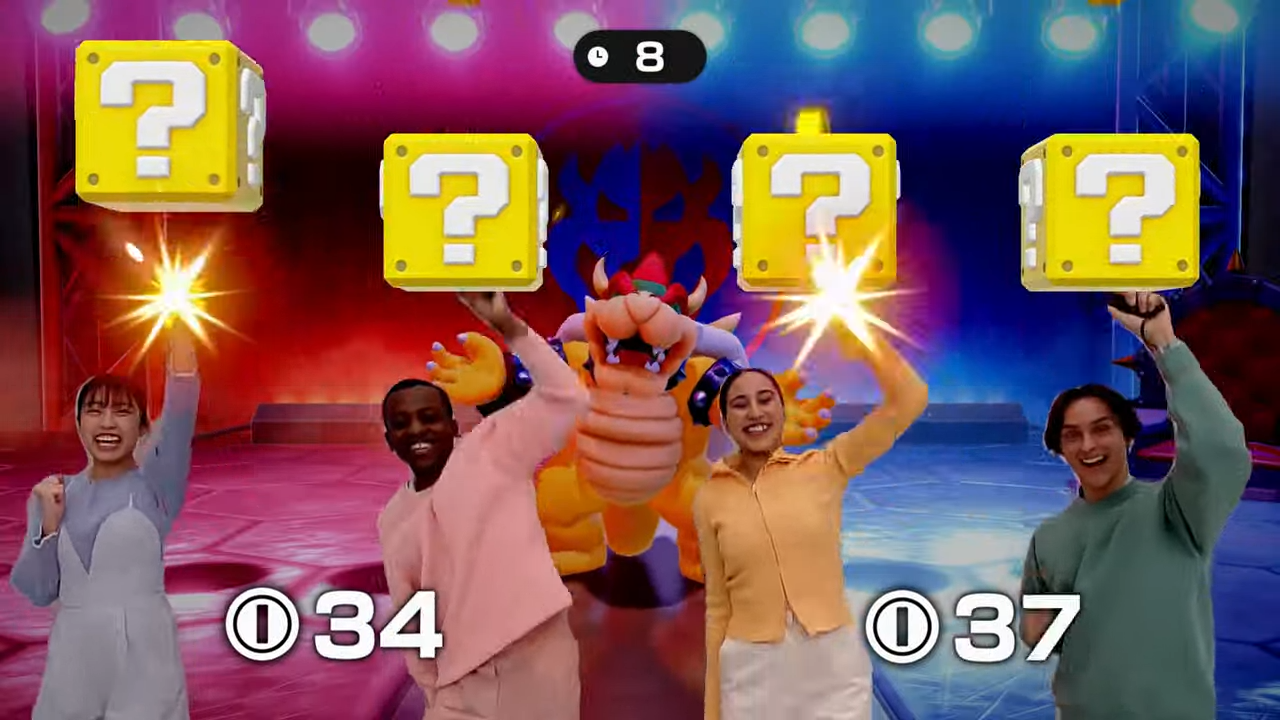
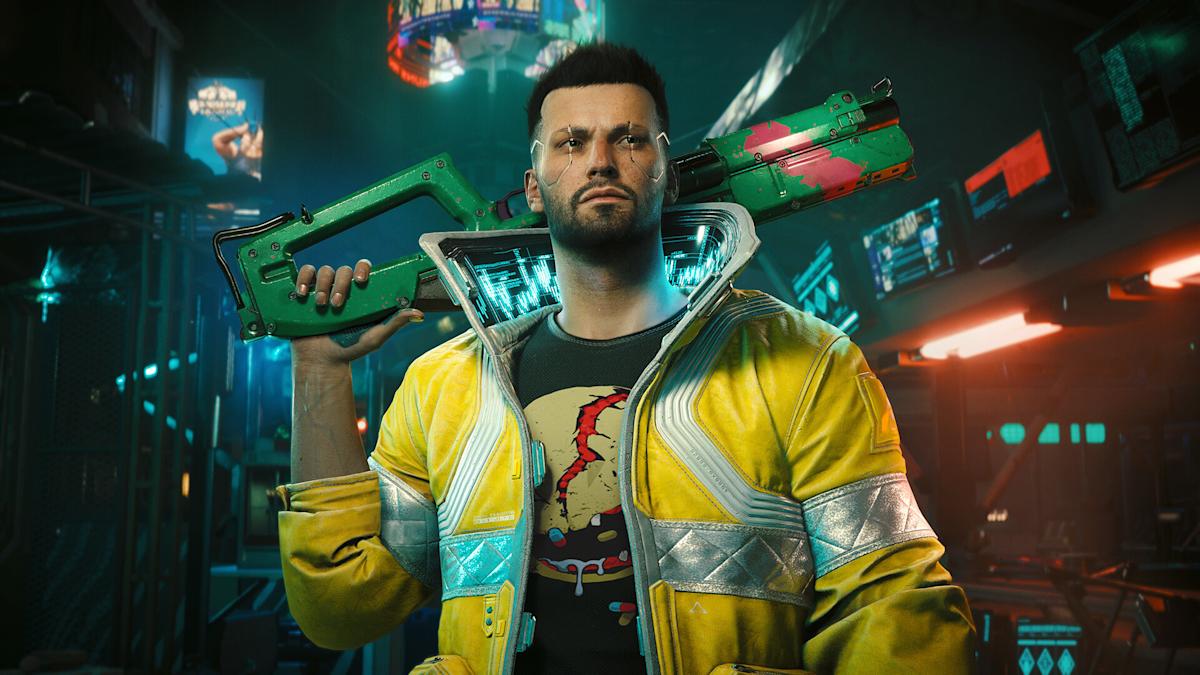
The Game Changer: How IODA Could Reshape the Gaming Landscape
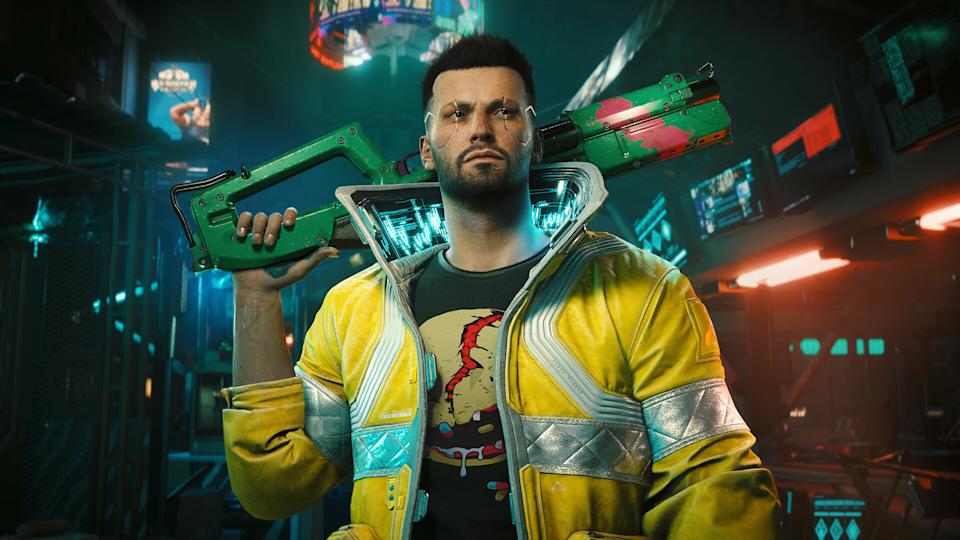
At Gamestanza, we recognize the power of video games to entertain, educate, and inspire. But this power also comes with responsibility, and the recent proposal of the Interstate Obscenity Definition Act (IODA) threatens to significantly impact the creative freedom and accessibility of games, particularly those featuring mature content.

The Slippery Slope of Censorship
IODA aims to replace the existing Miller test, which has been used to determine obscenity in media for decades, with a stricter federal standard. While the bill’s stated purpose is to protect children from harmful content, critics argue that its vagueness could lead to a widespread crackdown on artistic expression in games.
The proposed definition of “obscene” under IODA is alarmingly broad, encompassing any material that “arouses, titillates, or gratifies the sexual desires of a person.” This could potentially criminalize a vast range of games, even those with nuanced storylines and social commentary that explore mature themes in a responsible manner.
Imagine a world where critically acclaimed games like “Red Dead Redemption 2,” with its complex exploration of morality and violence, or “The Last of Us,” with its poignant portrayal of loss and redemption, are deemed “obscene” and banned. Such a scenario would be a devastating blow to the gaming industry and a chilling reminder of the dangers of censorship.
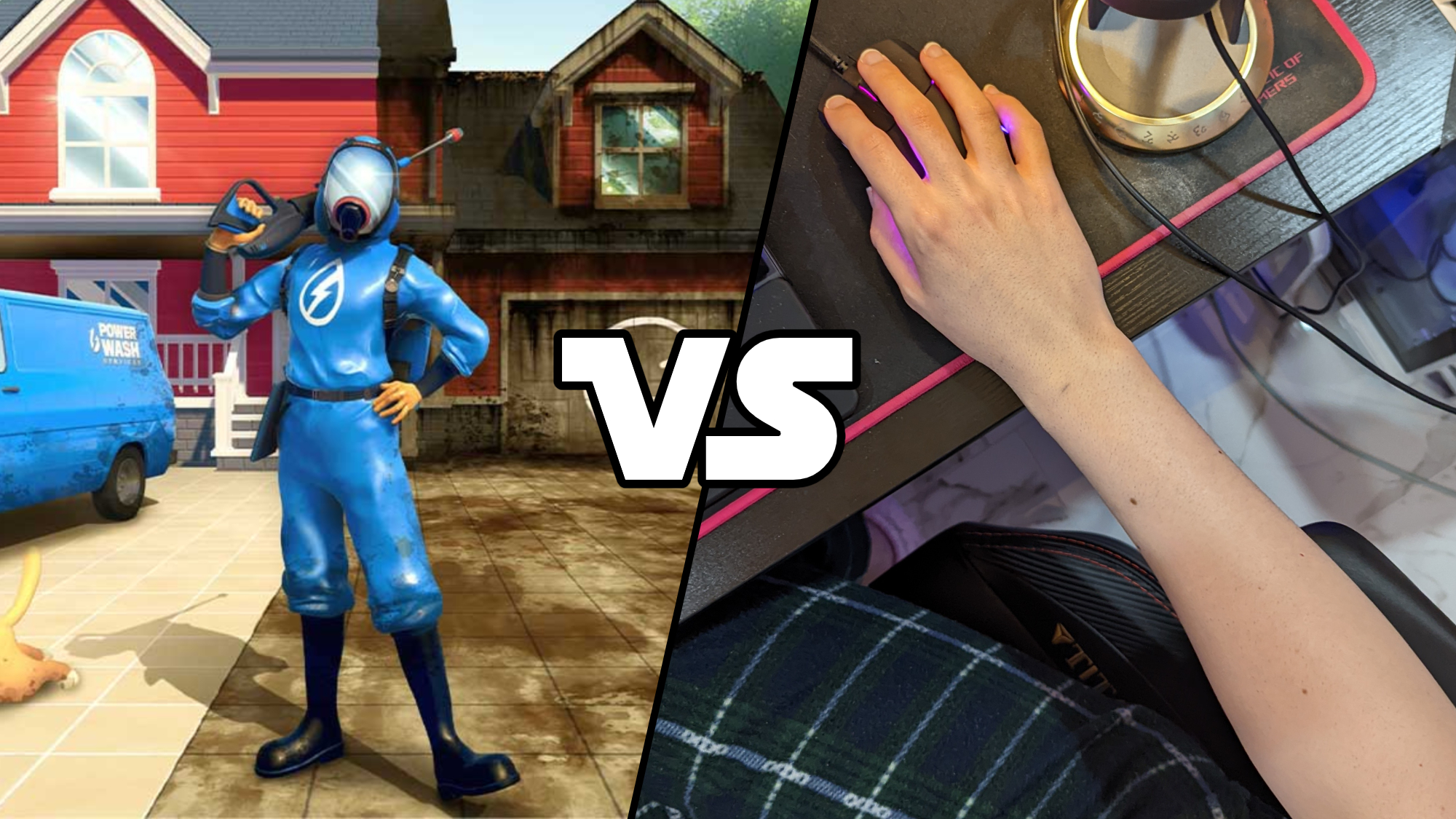
Impact on Developers and Publishers
The potential consequences of IODA for game developers and publishers are dire. The threat of legal action and financial penalties could force studios to self-censor their games, leading to a homogenization of content and a decline in creative innovation.
Furthermore, the costs of navigating the complex legal landscape associated with IODA would be substantial, potentially forcing smaller studios out of business and stifling the growth of independent game development.
Indie developers, who often push the boundaries of storytelling and explore unconventional themes, would be particularly vulnerable to the chilling effects of IODA. Their ability to create unique and thought-provoking experiences would be severely curtailed, depriving gamers of diverse and enriching experiences.
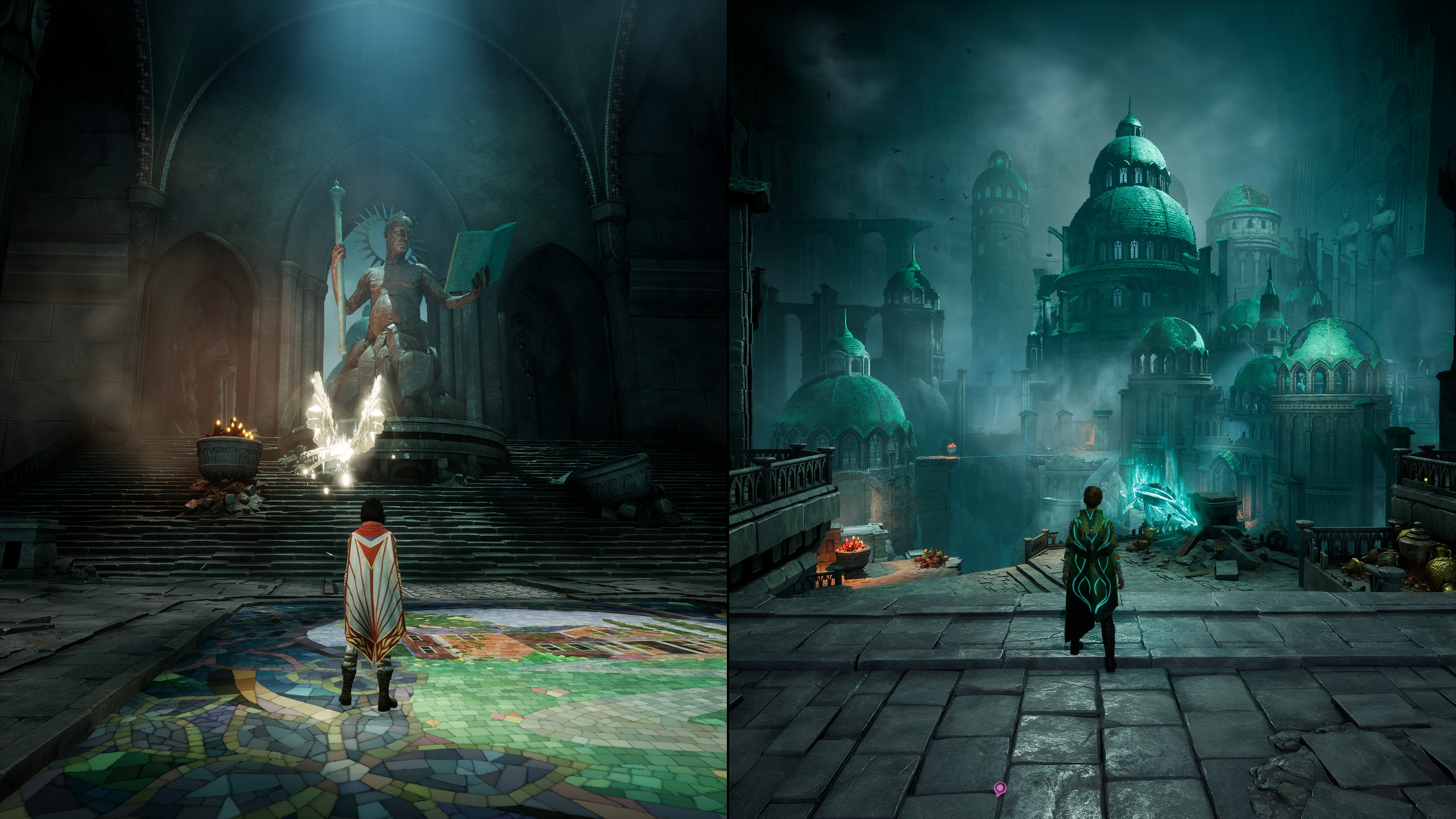
Global Implications
The implications of IODA extend far beyond the United States. If passed, it could set a dangerous precedent for other countries to enact similar legislation, leading to a global crackdown on free speech and artistic expression in video games.
This would have a profound impact on the global gaming community, limiting access to a wide range of games and hindering the development of a truly diverse and vibrant gaming landscape.
At Gamestanza, we believe that the freedom to create and consume games without fear of censorship is essential to the health and growth of the industry. We urge our readers to stay informed about the potential dangers of IODA and to support organizations fighting to protect creative freedom in gaming.
Fighting Back: Protecting Creative Freedom in the Digital Age
Despite the challenges posed by IODA, there are ways to fight back and protect the future of gaming. At Gamestanza, we believe in the power of collective action and the importance of raising awareness about this crucial issue.
The Role of the First Amendment
In the United States, the First Amendment protects freedom of speech, which includes artistic expression. While this right is not absolute, it provides a strong legal foundation for challenging censorship efforts, such as IODA.
Legal experts argue that IODA’s broad definition of “obscenity” is unconstitutionally vague and would violate the First Amendment rights of game developers and players.
Gamestanza will continue to monitor legal challenges to IODA and provide updates on the latest developments in this fight for creative freedom.
Community Action and Advocacy
The gaming community has a long history of standing up for its rights and advocating for positive change. At Gamestanza, we encourage our readers to join the fight against IODA by:
- Contacting their elected officials and voicing their opposition to the bill.
- Supporting organizations that are fighting for gaming rights, such as the Electronic Frontier Foundation (EFF) and the American Civil Liberties Union (ACLU).
- Raising awareness about IODA on social media and in online forums.
- Participating in protests and demonstrations against censorship in gaming.
- Age-based ratings systems: Existing rating systems, such as the Entertainment Software Rating Board (ESRB) in the United States, provide parents with information about the content of games and allow them to make informed decisions about what their children can play.
- Parental controls: Technology allows parents to restrict access to games based on age ratings or specific content.
- Educational initiatives: Teaching critical thinking skills and media literacy can empower players to make responsible choices about the games they play.
By working together, we can send a clear message that we will not tolerate censorship in the gaming industry.
Alternative Solutions
Instead of resorting to broad censorship measures like IODA, there are alternative solutions that can address concerns about harmful content in games without compromising creative freedom.
These alternatives offer a more nuanced and effective approach to addressing concerns about harmful content in games while preserving the right to creative expression.
Conclusion
Conclusion: The Dark Cloud of Censorship Looms Over the Gaming Industry
The recent article by Laptop Mag shed light on a pressing issue that affects some of the most anticipated games of the year, including GTA 6, Cyberpunk 2077, and Baldur’s Gate 3. As we have discussed, these games could potentially be at risk of being banned due to their mature content, violence, and explicit themes. The main arguments presented in the article revolved around the increasing pressure from governments and regulatory bodies to censor the gaming industry, citing concerns about the impact of these games on society. The article also touched on the challenges faced by game developers in navigating the complex landscape of censorship, where even the slightest deviation from the norm can lead to severe consequences.
The significance of this topic cannot be overstated. The gaming industry is a multi-billion dollar market, and the potential for censorship to impact game development, sales, and revenue is immense. Moreover, the implications of censorship on artistic expression and creative freedom are far-reaching, potentially stifling innovation and creativity in the industry. As we move forward, it is likely that we will see more games being pulled from shelves or modified to comply with censorship regulations, further limiting the diversity and complexity of gaming experiences.
In conclusion, the threat of censorship looms large over the gaming industry, casting a dark shadow over the creative endeavors of game developers. As we eagerly await the release of these highly anticipated games, we must also acknowledge the very real possibility that they may never see the light of day. The question remains: what is the cost of creative freedom in the gaming industry? Is it worth sacrificing artistic expression and innovation for the sake of appeasement? The answer lies not in the games themselves, but in our collective willingness to challenge the status quo and fight for the right to play.